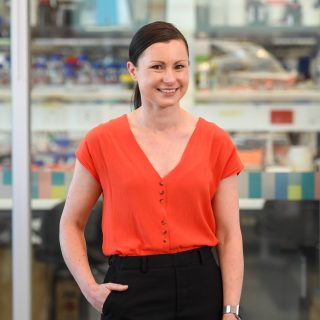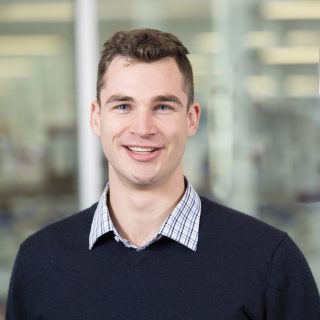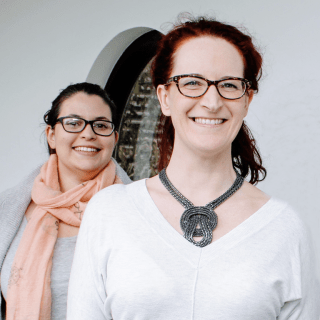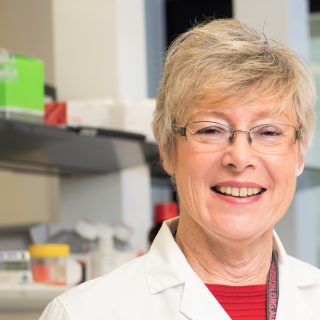4 related news articles for
-
Creatine supplement safe for women
A common nutritional supplement, creatine, has been deemed safe for women of all ages following a large review of pre-existing research studies involving women. … Read more

-
2019 Harold Mitchell Travel Fellowships
Congratulations to the 2019 recipients of the Harold Mitchell Foundation Travel Fellowships. The fellowships equip young scientists with the experience, cutting-edge knowledge and professional links that will let them make a difference to medical science both in Australia and throughout the world.… Read more

-
Could this be the end for PMS?
How happy would women be living their best life without PMS? That dream could be closer to reality, thanks to the discovery of a desert mouse that has a menstrual cycle and experiences PMS symptoms much in the same way as women. Researchers have observed similarities in behaviour between the pre-menstrual spiny mouse and humans.… Read more

-
Research uncovers clues to cause of endometriosis
Scientists are one step closer to understanding the cause of the debilitating condition endometriosis, following the completion of a study into cells found in the lining of the womb called the endometrium. In the study, published in the journal Human Reproduction, Professor Caroline Gargett and her team sought to determine whether regenerative cells called endometrial… Read more

